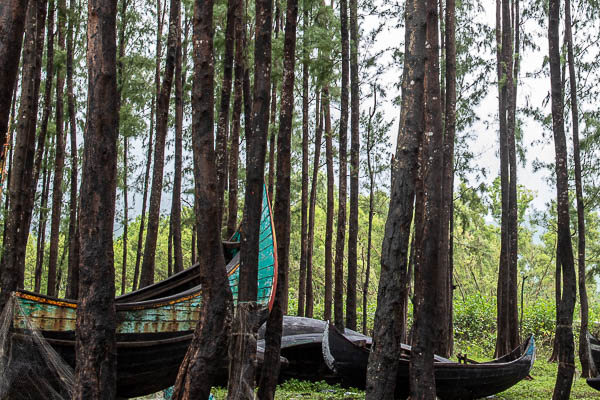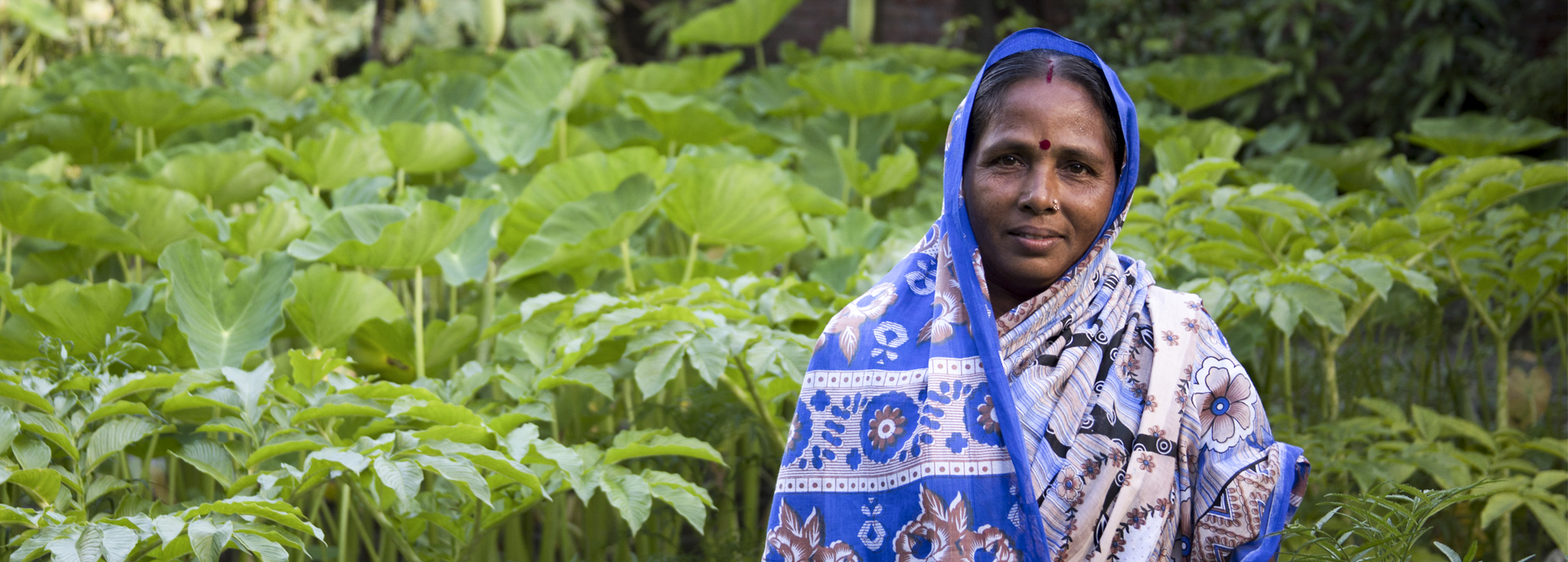
Strengthening Capacity of Community Management Organizations (CMOS) in Bangladesh
Winrock’s USAID-funded Climate Resilient Ecosystems and Livelihoods (CREL) project was implemented in Bangladesh from 2012 to 2018. The project applied multiple capacity strengthening approaches, including setting up and strengthening the capacity of 45 community-based organizations (CMOs) in 29 protected areas.
Winrock, its local partners, including CODEC, and the CMOs worked together through continuous communications and feedback loops to initially define what sustainability meant for a CMO, jointly identified capacity strengthening needs, and given their unique structure, co-developed an assessment tool with 17 indicators for measuring their performance.
“In the case of CREL, a key focus was the capacity development of CMOs in order to ensure their sustainability beyond the life of the project…[and]…relationships between Winrock and the National NGO [partner] were built on significant trust and capacity development.”
Stopping As Success Case Study, 2019
The CMOs assessed their capacity against the indicators and, with project staff, developed action plans tailored to their diverse needs. The project provided training in alignment with sustainability plans against the identified indicators in areas such as gender awareness, alternative income generating activities (AIGAs), medium- and short-term planning, financial management skills, and proposal writing to access additional funds. With support from the project team, CMOs repeatedly assessed their progress against the indicators. If performance against an indicator was lacking, they co-revised plans with project staff to improve it. In addition, the Bangladesh Forestry Department monitors CMOs and publishes assessment results, providing an added incentive for CMOs to perform.
“…communities received training in alternative livelihoods that would limit their need to extract resources from the forest…for their cooperation in protecting the forest, communities [were] entitled to receive a portion of the funds generated from tourist activities”
Stopping As Success Case Study, 2019
The CMOs assessed their capacity against the indicators and, with project staff, developed action plans tailored to their diverse needs. The project provided training in alignment with sustainability plans against the identified indicators in areas such as gender awareness, alternative income generating activities (AIGAs), medium- and short-term planning, financial management skills, and proposal writing to access additional funds. With support from the project team, CMOs repeatedly assessed their progress against the indicators. If performance against an indicator was lacking, they co-revised plans with project staff to improve it. In addition, the Bangladesh Forestry Department monitors CMOs and publishes assessment results, providing an added incentive for CMOs to perform.
By jointly identifying suitable and manageable metrics, training and mentoring, the project increased the number of women in decision-making roles (from 12% of the CMO committees to 92% of CMO committees), demonstrated their ability to properly manage sizeable grants, including holding internal audits and successfully passing external audits. CMO members demonstrated they can raise funds to implement conservation activities and obtain support to diversify the livelihoods of natural resource extractors. These CMOs generate income and pay for some operating costs and activities.
Winrock successfully transitioned this project to the Bangladesh Forestry Department, where it continues to support CMOs to ensure the protected areas remain protected without disrupting the livelihoods of people within and surrounding the 29 protected forest areas.
CMOs improved capacity and performance based on the indicators used, with 31 of the 45 organizations (almost 70%) considered sustainable based on having an overall assessment score of 70% or more.
A case study, Stopping As Success, tells the story of Winrock’s CREL project as a best practice in Transitioning to locally led.
Related Projects

